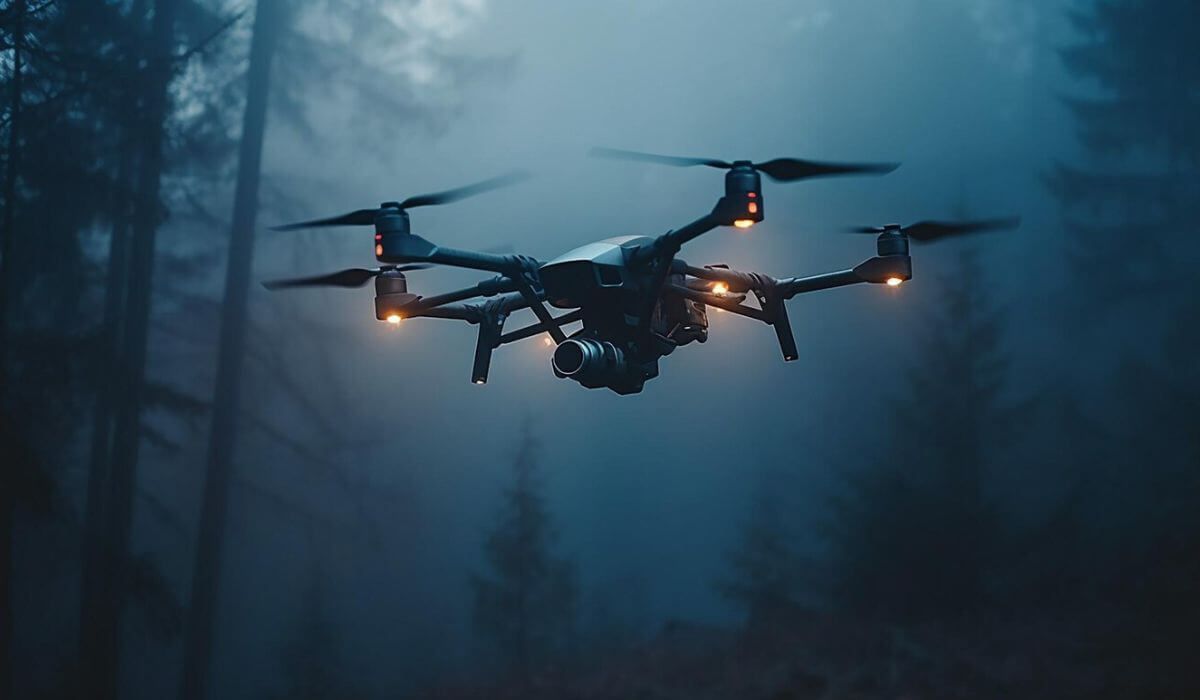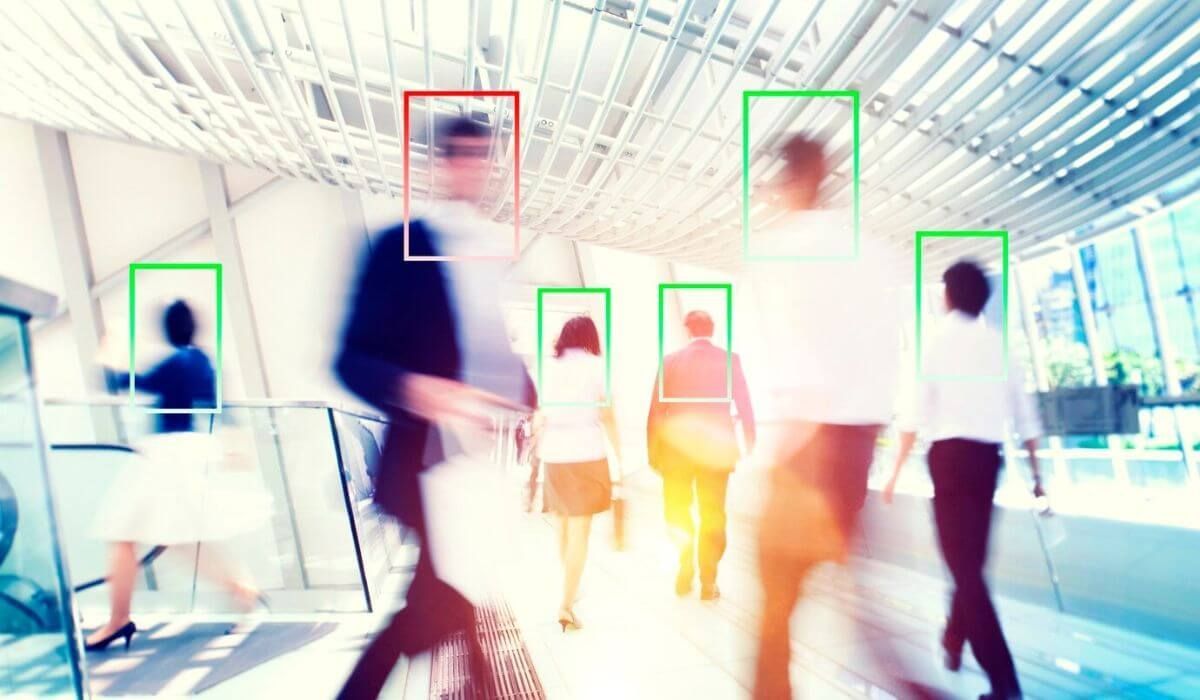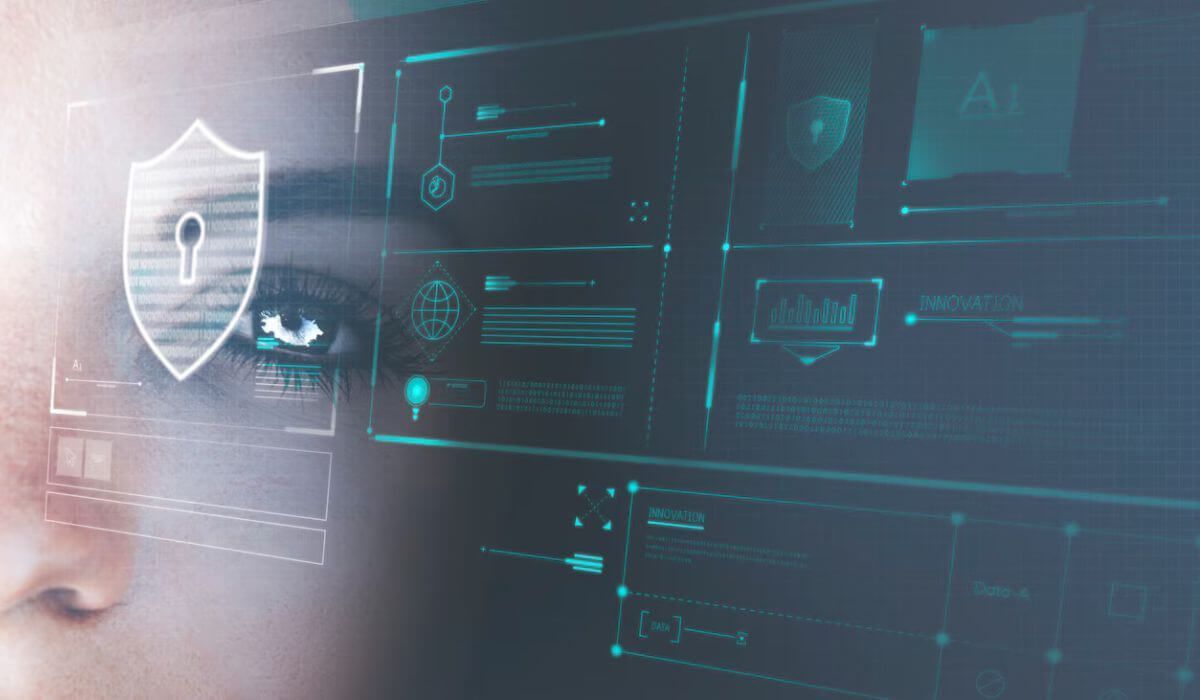Emerging Trends in Private Investigation Technology
As a private investigator, staying on top of emerging technologies is crucial. The landscape of investigative work is rapidly changing, driven by advances in technology that enhance how we gather information, conduct surveillance, and ensure the accuracy of our findings.
In this article, I’m going to walk you through some of the most exciting emerging trends in private investigation technology and explain how they are reshaping the industry. I’ll also share practical insights and examples to help you understand how you can leverage these trends to improve your own investigative work.
Drones and AI-Powered Cameras
Surveillance has always been a cornerstone of private investigation, but with the advent of drones and AI-powered cameras, the way we capture and analyze footage has been revolutionized. Understanding surveillance basics is essential for leveraging these technologies effectively, ensuring that evidence is gathered discreetly and efficiently.
Drones: A Bird’s Eye View
Drones have become an invaluable tool for private investigators, particularly when it comes to surveillance of large areas. Whether you’re tracking a person or monitoring a scene, drones provide a perspective that traditional methods simply can’t match. With their high-resolution cameras, drones can capture clear footage from above, helping investigators gather evidence in ways that were previously not possible.
For example, if you’re investigating a large property or an outdoor event, a drone can give you a detailed overview without the need to be physically present in the area. This allows for discreet surveillance and better coverage.
AI-Powered Cameras: Real-Time Analysis
AI-powered cameras are also transforming surveillance efforts. These cameras don’t just record footage; they analyze it in real time. AI can detect movement, recognize faces, and even identify suspicious behavior patterns. This helps investigators save time by automatically flagging key moments for further review.
Imagine you’re conducting surveillance on a suspect, and the camera recognizes their face in a crowd—an AI system could immediately notify you, allowing you to act quickly and efficiently.

Facial Recognition Technology: Identifying the Unseen
Facial recognition technology has become one of the most significant breakthroughs in private investigation. It allows investigators to identify individuals quickly and accurately, even in crowded or difficult-to-reach locations.
How It Works?
Facial recognition software uses unique facial features—such as the distance between eyes, nose shape, and jawline—to match images against a database. This technology can scan public spaces, online photos, or security camera footage to identify people of interest.
Practical Use in Investigations
As an investigator, this technology can save you countless hours. For example, if you’re searching for a person who has been captured on camera in a public place, facial recognition can quickly cross-check the image against social media profiles or other databases to help you identify the person.
While this technology has raised privacy concerns in some places, it’s incredibly valuable for investigators when it comes to locating individuals or identifying suspects.

GPS and Geo-Tracking: Following the Digital Trail
GPS and geo-tracking technology have become standard tools for private investigators. The ability to track a vehicle or individual in real time using GPS has opened up new avenues for surveillance and case management.
How It Helps Investigators?
GPS devices can be discreetly placed in vehicles, allowing you to track their movements over time. This is especially useful in cases involving infidelity, fraud, or tracking a subject’s travel habits. In addition to traditional GPS trackers, many modern smartphones come equipped with built-in GPS, which can be accessed through legal channels to help track a subject’s location.
Geo-fencing is another trend gaining traction. This involves setting up virtual boundaries around a specific area and receiving an alert when a person or vehicle crosses into or out of that area. For example, if you’re monitoring a suspect’s movements around a specific location, geo-fencing can alert you the moment they enter or leave the designated area.
Big Data and Open-Source Intelligence (OSINT)
Big data analytics and open-source intelligence (OSINT) are reshaping how private investigators gather information. By accessing public records, social media accounts, and online databases, investigators can obtain critical details that were previously time-consuming to uncover.
Utilizing Big Data
Big data analytics allow investigators to sift through vast amounts of information to find patterns, connections, and anomalies. For instance, if you're looking into a financial fraud case, big data can help you analyze banking records, transactions, and business activities to uncover hidden connections that could otherwise go unnoticed.
Harnessing OSINT
OSINT refers to collecting data from publicly available sources, such as social media, news outlets, and websites. With tools that can scrape and analyze data from these sources, private investigators can gather a wealth of information on individuals or companies. Social media platforms, in particular, have become a goldmine for investigators, offering insights into a person’s activities, relationships, and even their location at specific times.
In the past, this level of information gathering would have been nearly impossible without significant manpower. Now, these technologies streamline the process and help investigators access critical data with a few clicks.
Mobile Forensics: Extracting Data from Devices
In today’s digital age, smartphones and other mobile devices are treasure troves of evidence. This is where
digital forensics comes into play, helping investigators recover crucial data such as deleted messages, call logs, and encrypted files that may hold the key to solving a case.
What’s Involved in Mobile Forensics?
Mobile forensics involves accessing data stored on smartphones, tablets, and other mobile devices. This can include text messages, emails, call logs, photos, videos, and even app data. Investigators use specialized software to bypass security features like passwords and encryption, recovering deleted files and data.
Applications in Private Investigation
In a case involving fraud or theft, mobile forensics can help you recover important communications, such as text messages or emails that contain incriminating evidence. This technology is also invaluable in cases of harassment, domestic disputes, or criminal investigations, where the subject’s phone could contain critical details that support your findings.

Cybersecurity Tools: Protecting Sensitive Data
As private investigators, we deal with sensitive information daily, and cybersecurity has become a key concern. With the rise in cybercrimes and data breaches, it’s crucial to protect the information you collect during an investigation.
The Importance of Cybersecurity
Investigator-specific cybersecurity tools help secure communication channels, store data safely and prevent unauthorized access. Encryption software, secure cloud storage, and private browsing tools are just a few examples of the technologies that ensure investigators can safely handle client data and maintain confidentiality.
Moreover, as investigators increasingly rely on digital tools to collect and store evidence, understanding the basics of cybersecurity is becoming just as important as understanding investigative methods.

Stay Ahead of the Curve
The private investigation industry is evolving rapidly thanks to these technological advancements. As a private investigator, embracing these trends not only improves the quality and efficiency of your work but also keeps you competitive in a fast-paced field. From drones to mobile forensics, there’s a wealth of new tools at your disposal to enhance your investigative capabilities.
Incorporating these technologies into your investigative process will not only make you more effective but will also give your clients the confidence that they are receiving the best, most up-to-date services available. The future of private investigation is here, and it’s driven by innovation.


